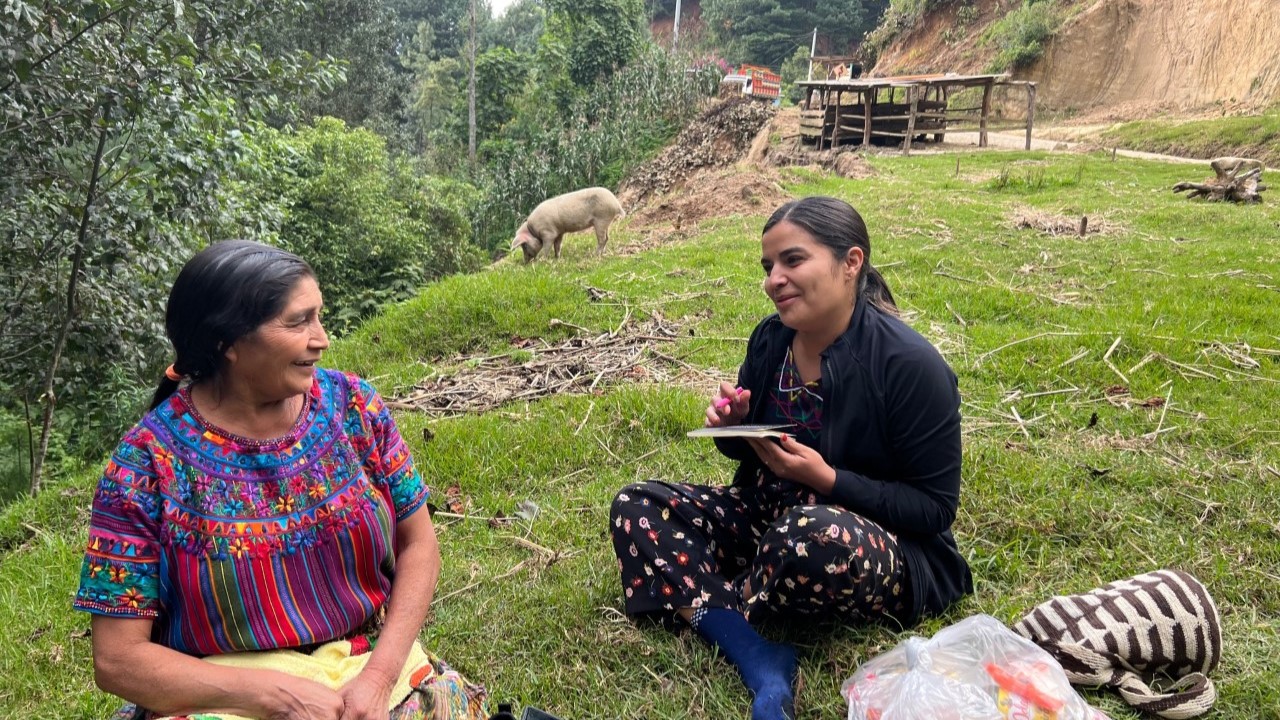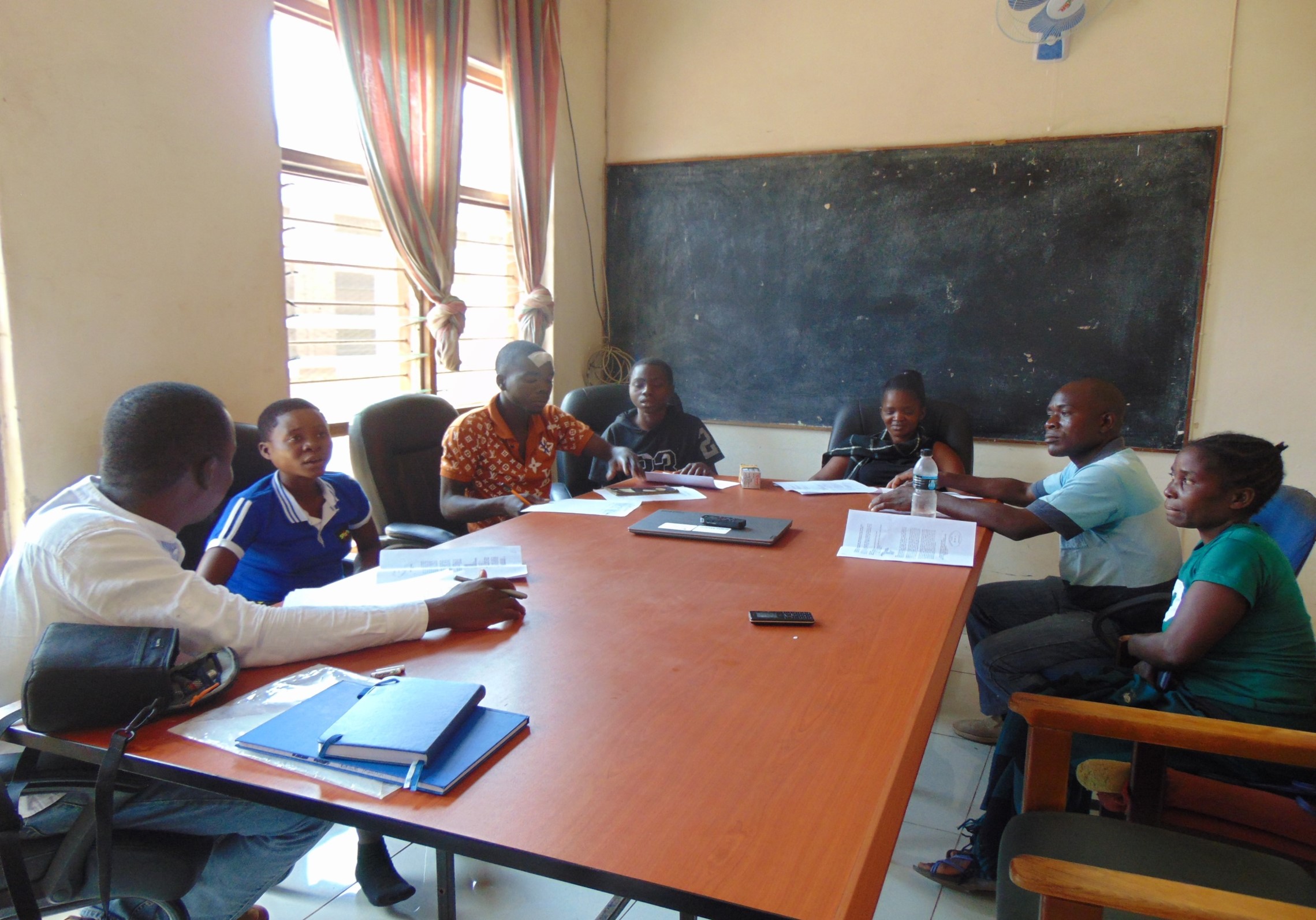
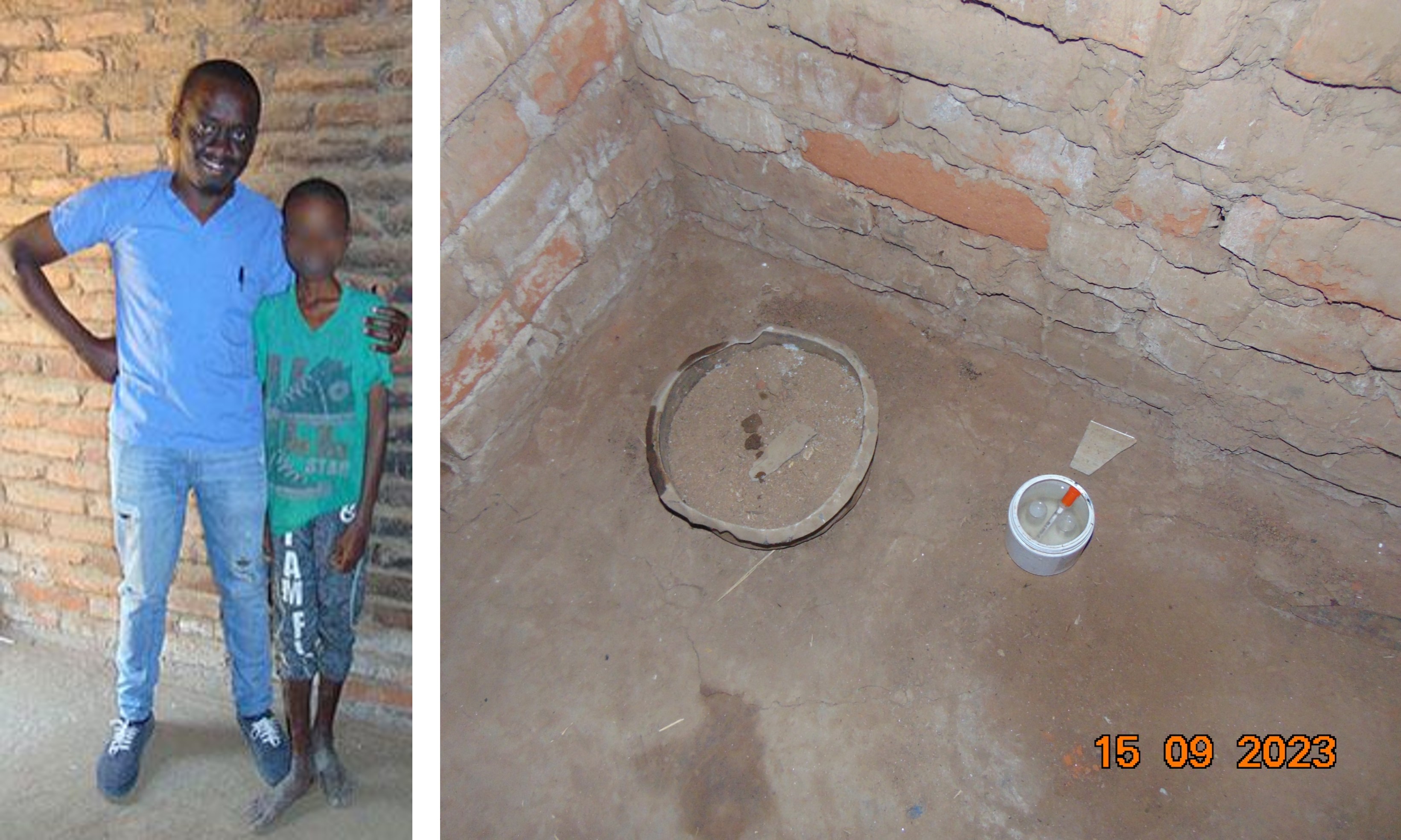
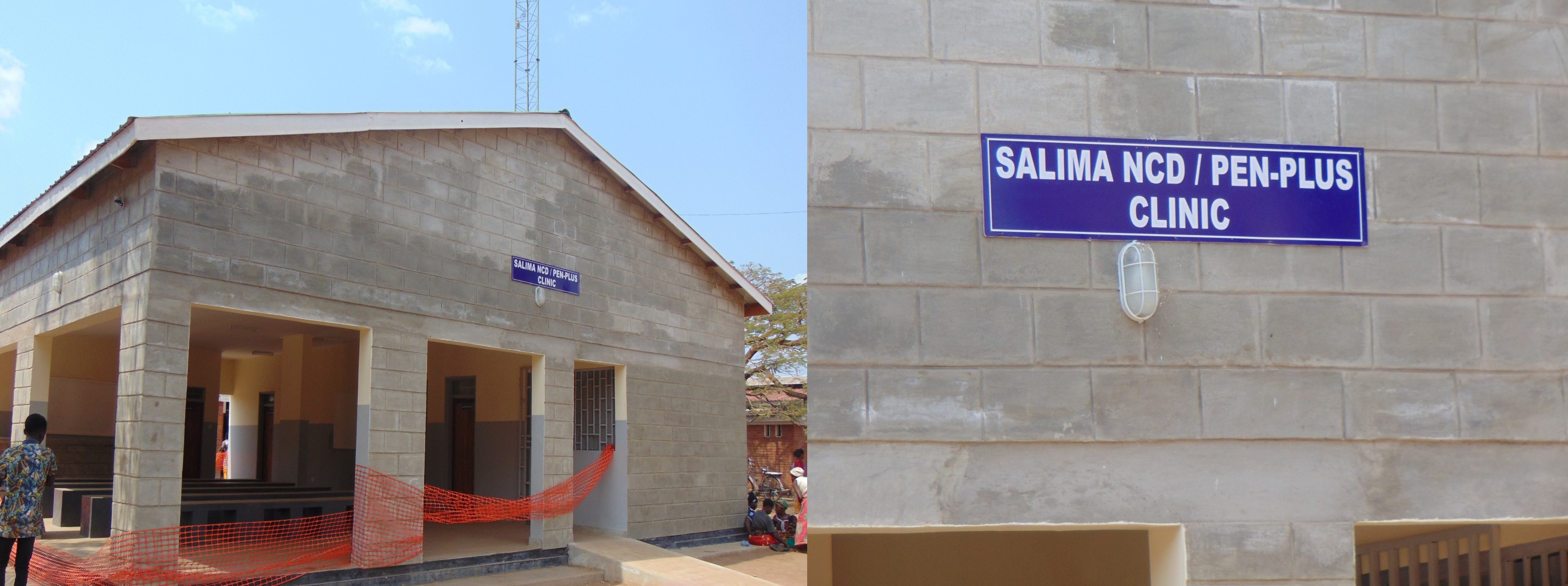
The Newly Constructed PEN-Plus Clinic for Salima District Hospital
The moments I cherish most in my clinical practice occur beside the patient's bed. It's during these times that I feel most alive.
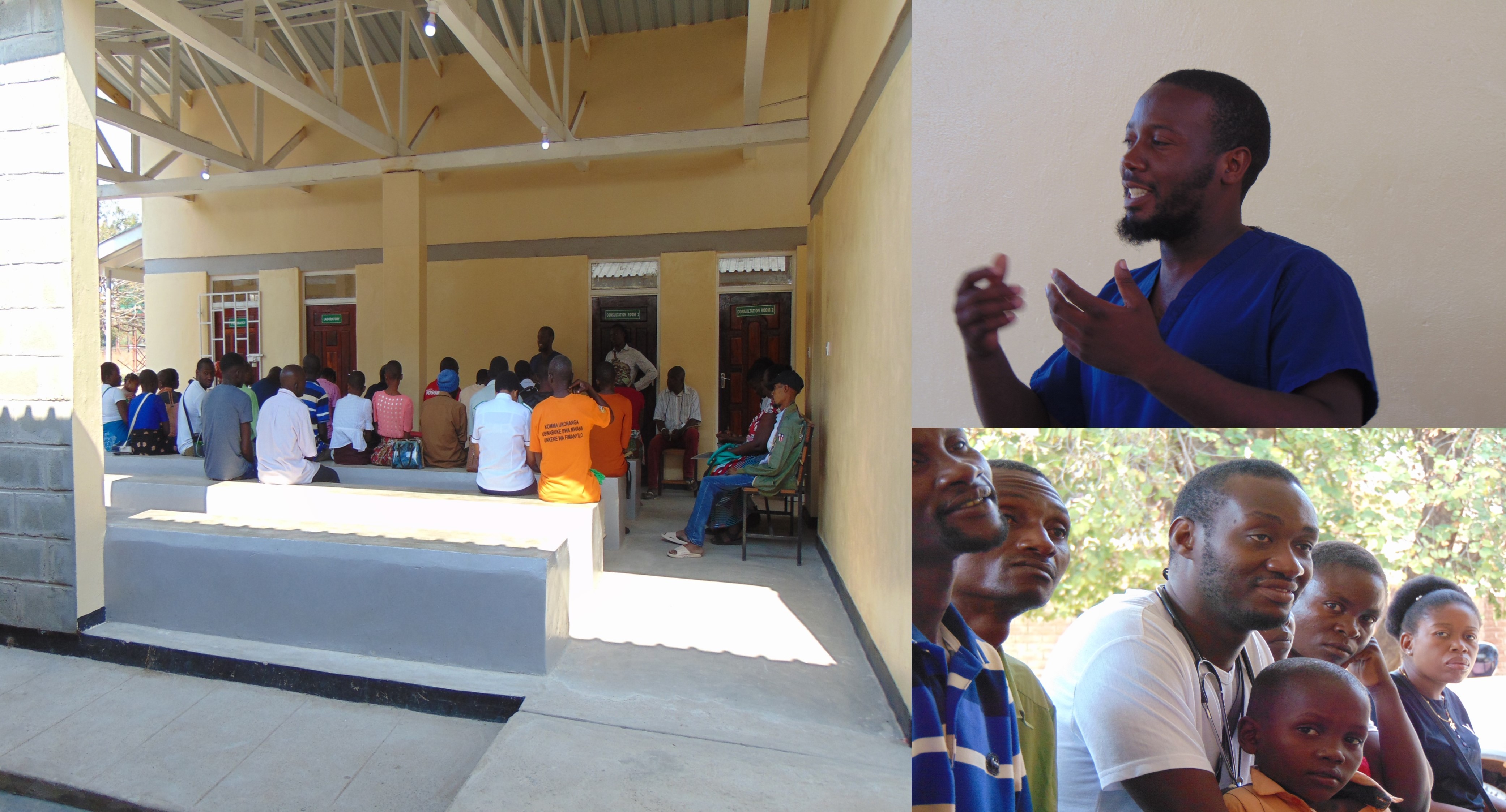
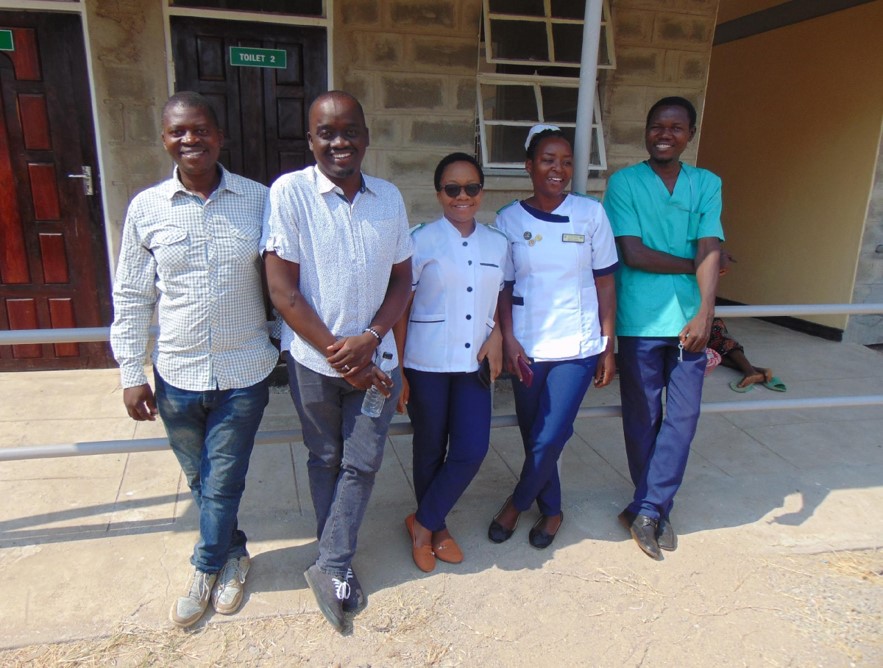
As data collection neared its conclusion, the team proposed capturing a collective moment to preserve memories—a lighthearted snapshot of the group's camaraderie.
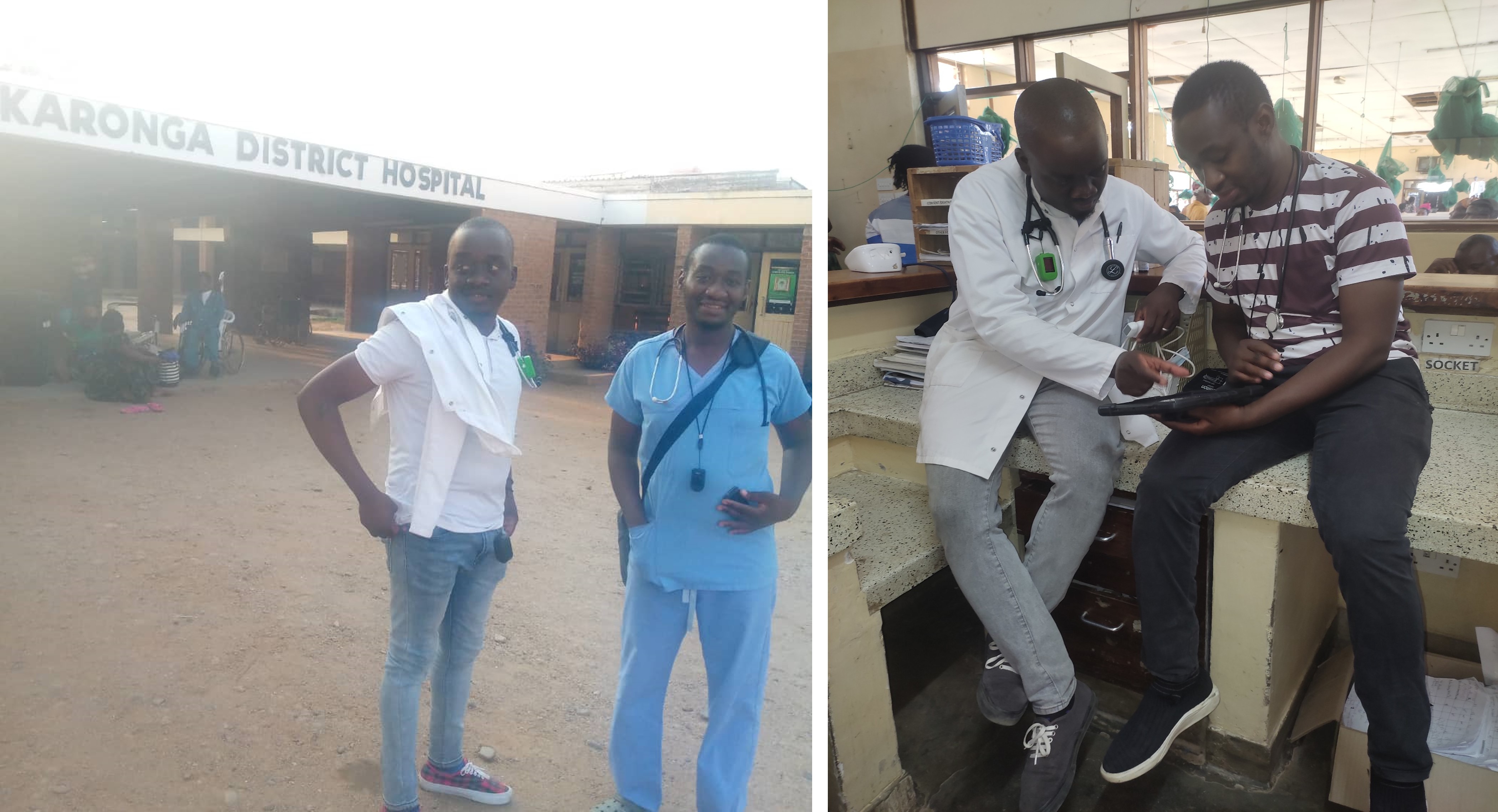
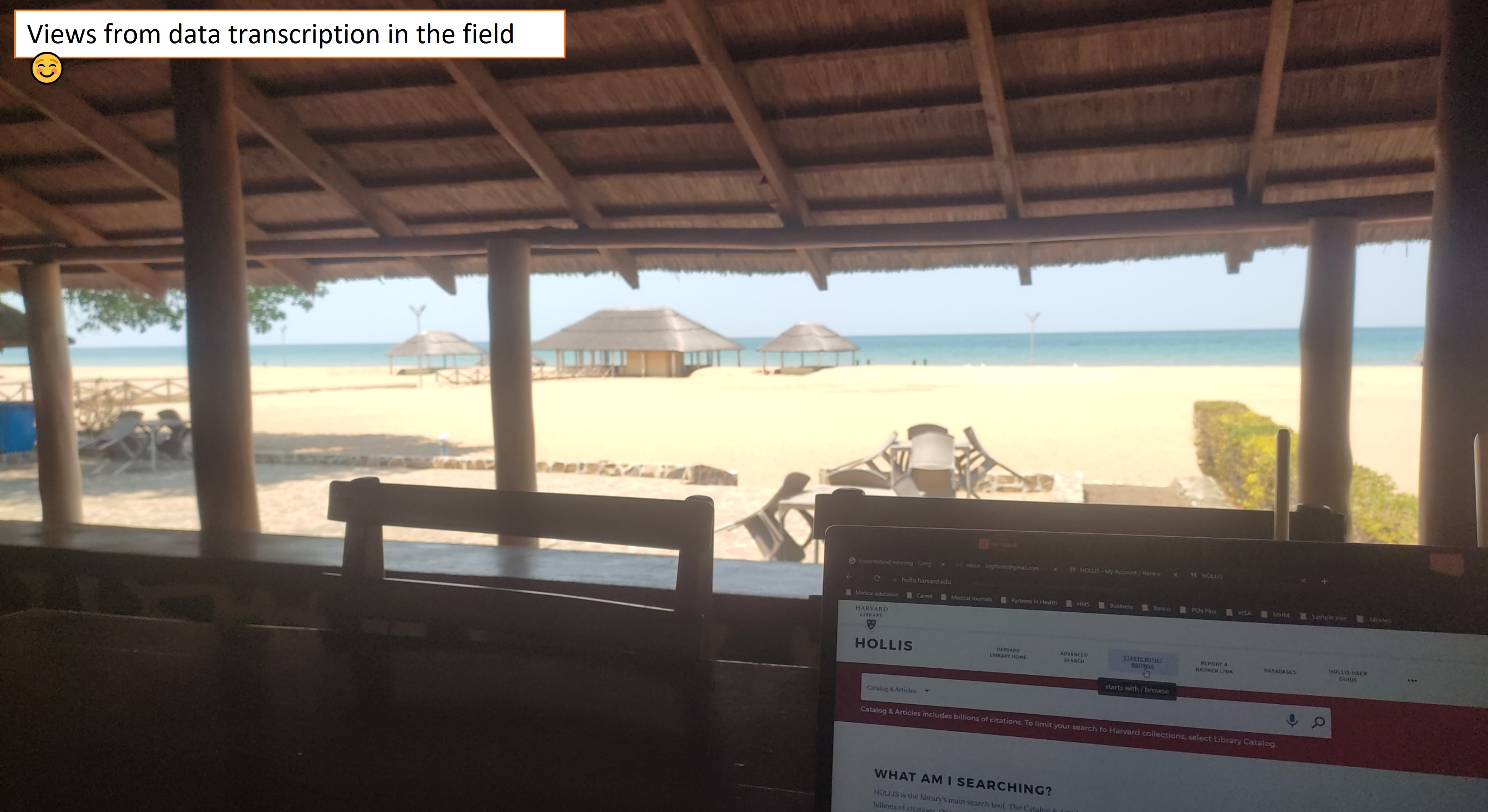
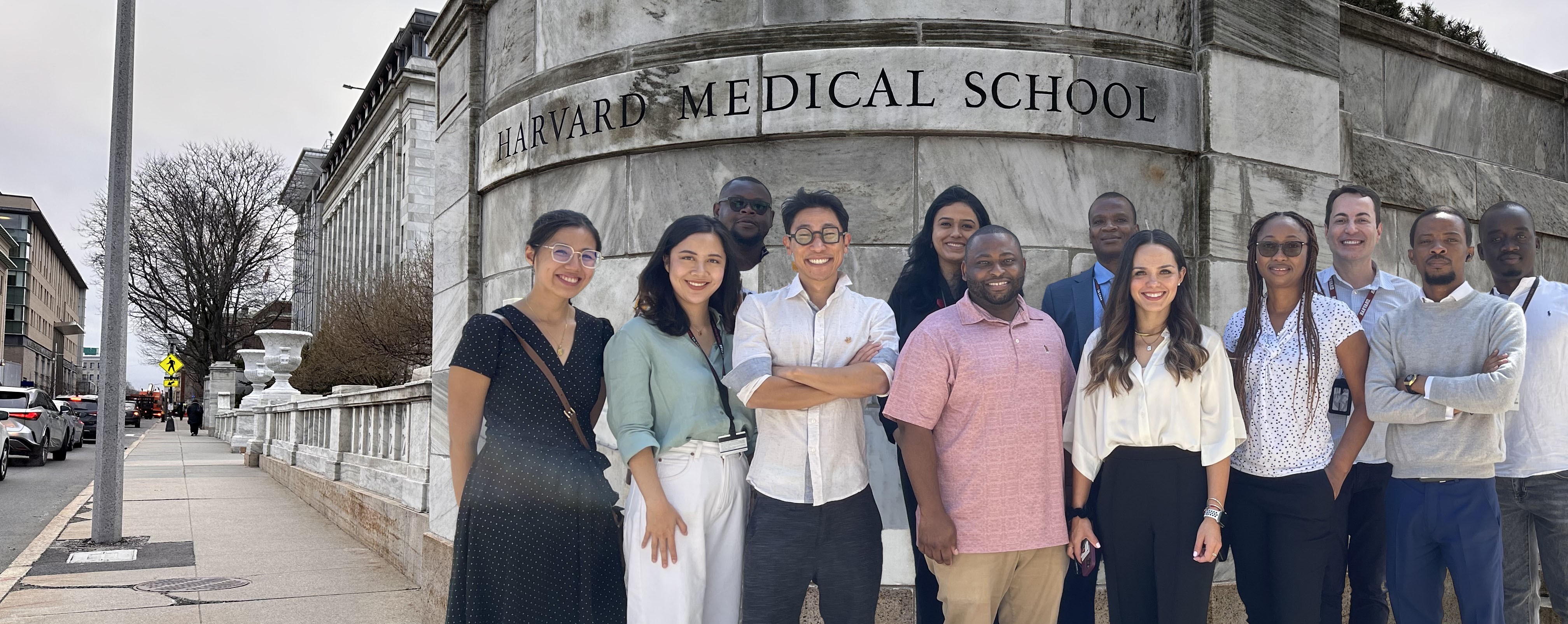
 Prior to joining the Master of Medical Sciences in Global Health Delivery at Harvard Medical School, Bright Mailosi worked as a clinician at Partners in Health (PIH) on implementing the World Health Organization's PEN-Plus strategy for managing complex non-communicable diseases (NCDs), using a semi-decentralized model in Malawi. Bright’s work involves providing clinical care to NCD patients in Neno, Malawi through clinics and mentoring clinicians and nurses on the PEN-Plus strategy in new sites as part of the current scale-up in two new districts. He also supports and coordinates with the leadership of both the Ministry of Health and PIH on different projects to improve NCD care.
Prior to joining the Master of Medical Sciences in Global Health Delivery at Harvard Medical School, Bright Mailosi worked as a clinician at Partners in Health (PIH) on implementing the World Health Organization's PEN-Plus strategy for managing complex non-communicable diseases (NCDs), using a semi-decentralized model in Malawi. Bright’s work involves providing clinical care to NCD patients in Neno, Malawi through clinics and mentoring clinicians and nurses on the PEN-Plus strategy in new sites as part of the current scale-up in two new districts. He also supports and coordinates with the leadership of both the Ministry of Health and PIH on different projects to improve NCD care.